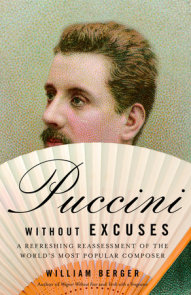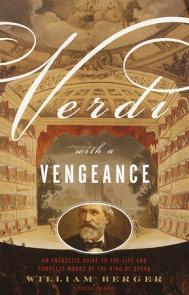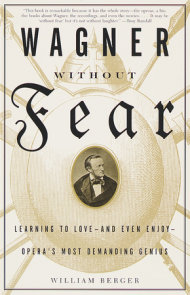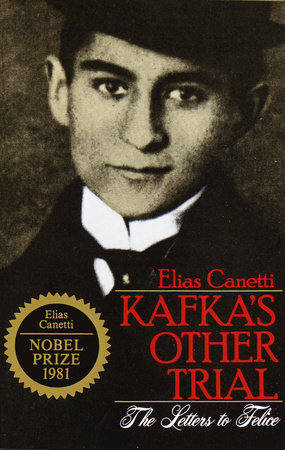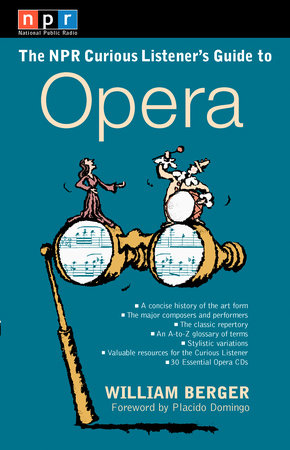

NPR The Curious Listener's Guide to Opera
By William Berger
Foreword by Placido Domingo
By William Berger
Foreword by Placido Domingo
Category: Music

-
Feb 05, 2002 | ISBN 9781101221174
YOU MAY ALSO LIKE
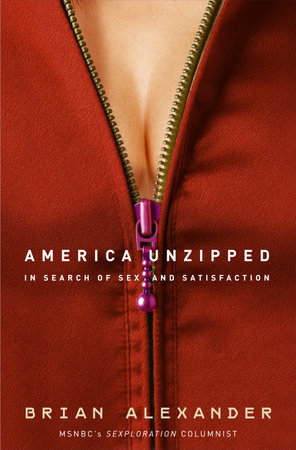
America Unzipped
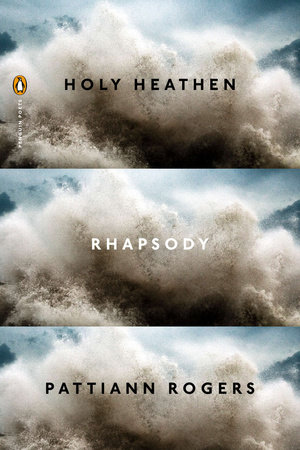
Holy Heathen Rhapsody
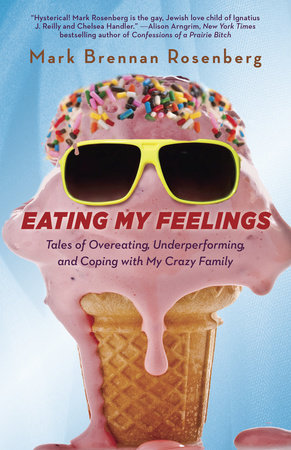
Eating My Feelings
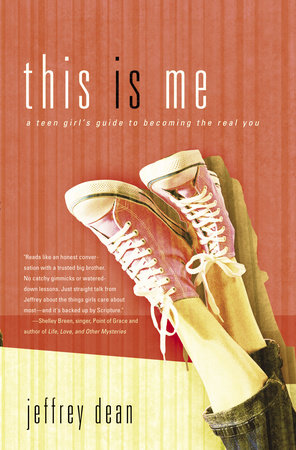
This Is Me

O
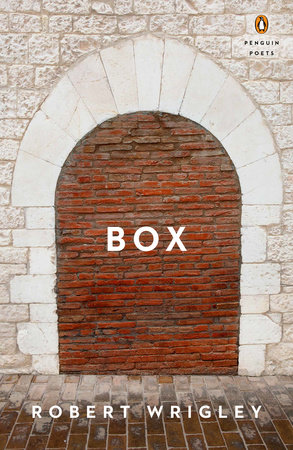
Box
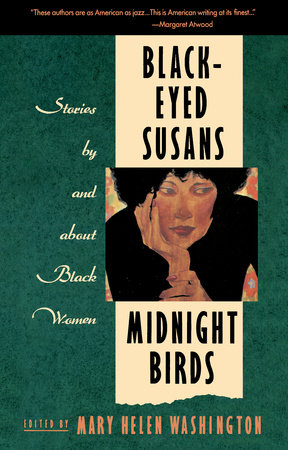
Black-Eyed Susans and Midnight Birds
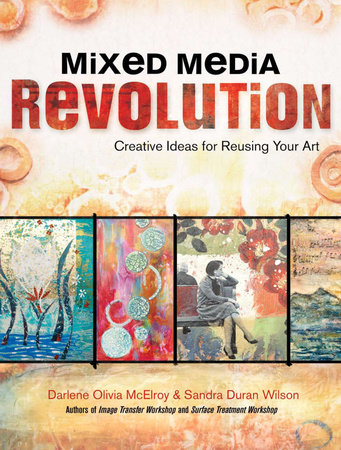
Mixed Media Revolution
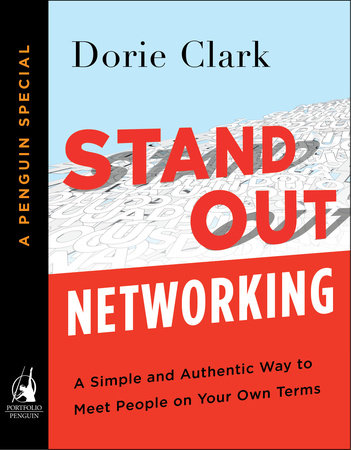
Stand Out Networking
Praise
“Berger compiles a lot of introductory information in this readily accessible source book for the newcomer. He begins by trying to define opera, concluding that it is a “culmination of all performing arts” and that it has “marvelous adaptability to a huge diversity of styles and aesthetics.” He proceeds to a brief history of opera. Of much interest here are the box inserts–e.g., “The Birth of the Box Office,” “Joseph Stalin, the Critic.” Chapter 3 discusses the various kinds of opera–e.g., bel canto opera, grand opera, opera buffa, etc.–and chapter 4 breaks opera into its various components: story, various types of solos (love aria, heroic aria, etc.), love duet, ensembles, chorus, and orchestra. Chapters 5 and 6 provide thumbnail biographical sketches of the most frequently encountered opera composers and performers. The next two chapters offer summaries of 62 of the most frequently performed operas and a list of 30 opera CDs everyone interested in opera should own. Chapter 9 summarizes the total experience, and chapter 10 defines terms used in the language of opera. Berger concludes the book with available resource books, magazines, Web sites, and documentaries. Though extremely elementary, this introductory book covers a wide range of topics and will be useful to beginning students of opera.”
—Choice Review
“With the imprimatur of National Public Radio, these entries constitute an auspicious beginning to a new series that will total four titles (those on jazz and classical music will be released in fall 2002). Berger (Verdi with a Vengeance, Wagner Without Fear) and ragtime pianist Morath obviously have great affection for and knowledge of their subjects. Directed to lay readers, their witty and informative handbooks include introductory frameworks; historical development and contexts; short biographical treatment of major figures such as composers, performers, and conductors; a “deconstruction” section interpreting the genre; a glossary; details on the major songs or operas; discographies (30 suggested CDs in Opera and 75 in Popular Standards); and selected resources for further study, including web sites. The opinionated remarks (Morath writes that Louis Armstrong is “the twentieth century’s dominant figure in American music”) and recording choices are sure to provoke comments among aficionados. Facts are generally reliable, explanations are assured, and the sidebars are especially interesting. The Morath volume nicely complements William Zinsser’s recent Easy To Remember: The Great American Songwriters and Their Songs (LJ 2/1/01), while Berger’s provides a contrast to opinions offered in books like Michael Walsh’s Who’s Afraid of Opera? (S. & S., 1994). With their affordability and upbeat tone, both guides are enthusiastically recommended for public libraries”
—Library Journal
21 Books You’ve Been Meaning to Read
Just for joining you’ll get personalized recommendations on your dashboard daily and features only for members.
Find Out More Join Now Sign In






